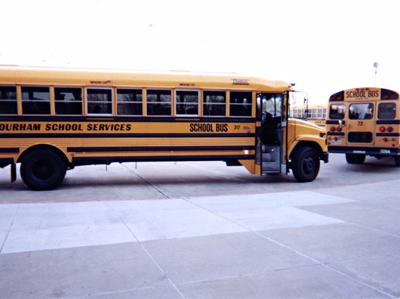All Nonfiction
- Bullying
- Books
- Academic
- Author Interviews
- Celebrity interviews
- College Articles
- College Essays
- Educator of the Year
- Heroes
- Interviews
- Memoir
- Personal Experience
- Sports
- Travel & Culture
All Opinions
- Bullying
- Current Events / Politics
- Discrimination
- Drugs / Alcohol / Smoking
- Entertainment / Celebrities
- Environment
- Love / Relationships
- Movies / Music / TV
- Pop Culture / Trends
- School / College
- Social Issues / Civics
- Spirituality / Religion
- Sports / Hobbies
All Hot Topics
- Bullying
- Community Service
- Environment
- Health
- Letters to the Editor
- Pride & Prejudice
- What Matters
- Back
Summer Guide
- Program Links
- Program Reviews
- Back
College Guide
- College Links
- College Reviews
- College Essays
- College Articles
- Back
Rising College Prices
During the college search, numbers are the only thing students see. ACT scores, GPAs, AP tests scores, and the biggest number of all, the cost of college itself. The rising cost of college has three main effects; debt through student loans, less people attending college, and an increasing number of college graduates moving back home. According to the Huffington Post, Senator Tom Harkin (D-IA), chairman of the Senate Health, Education, Labor and Pensions Committee says “Soaring tuition and shrinking incomes are making college less and less affordable.”
Now more than any other time in history, students are graduating the enormous amount of debt. According to the New York Times, “about two-thirds of bachelor’s degree recipients borrow money to attend college, either from the government or private lenders, according to a Department of Education survey of 2007-8 graduates.” Compared to past generations, parents are footing less of the college tuition bill. On average since 1980, college tuition prices rise 7% a year. Comparatively, the inflation rate is just 3.2%. Some attempt to explain this un-correlation by turning the law of demand. As long as the demand for the good (higher education) continues to rise, the price will also rise. In order to pay for the astronomical price of higher education, students are tuning to loans. The age-old argument of education being worth it no matter the cost has been drilled into students as well as their families, leading to student loans topping $1 billion every year, and in total tops more than $1 trillion. While most loans don’t have to be paid off until after graduation, many students aren’t able to find jobs to subsidize the loan payments.
Due to the increasing cost of college, less and less students are able to attend college, especially students of lower income. The cost of college is also decreasing the number of students able to attend their top choice school. According to The Fiscal Times, a recent survey by the Higher Education Research Institute at UCLA finds that the percentage of incoming students attending their first-choice college or university declined in 2011 to 57.9 percent, down from 60.5 percent in 2010. For the majority of students, they chose not to attend their dream school due to financial reasons. Many students are abandoning the 4 year school route all together by choosing to attend 2 year/technical schools to get into the work force sooner.
Older generations cling to the idea that college education is the pathway to a perfect life. However, this idea is becoming increasingly obsolete. Surveys show that people are becoming more and more skeptical of the actual value of a college education in this economy. Four years ago, 81% of people believed that a college education is a good investment. That number has fallen sharply to 57% due to a combination of lack of available jobs and the increasing price of college. This creates a paradox that sticks students between a rock and a hard place. In order to find a good job, one must have a college degree but employment is not guaranteed, regardless of education.
In order to reduce debt and increase the number of college students, the government must make actions to stop the rising cost of college and take steps to guarantee jobs for college graduates.

Similar Articles
JOIN THE DISCUSSION
This article has 1 comment.

4 articles 0 photos 3 comments
Favorite Quote:
Monetary success does not come from the willingness to work, but rather from the willingness to work to innovate.